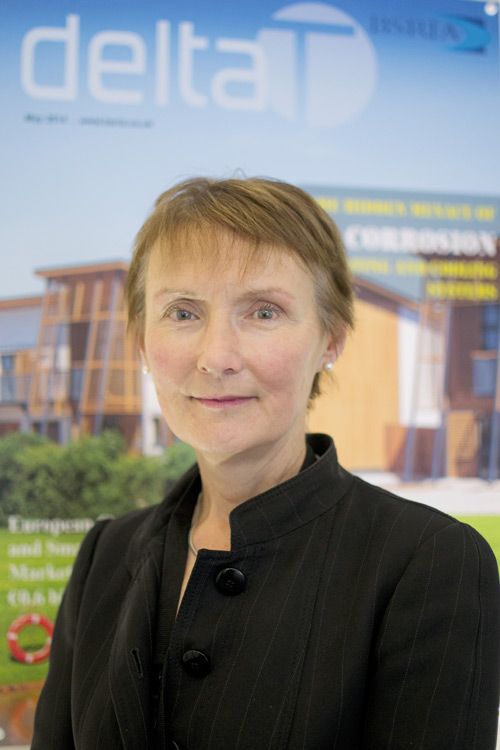

BSRIA has responded to the General Election result.
A high level of uncertainty has been evident in the build up to the General Election which has been unfavourable to the construction industry. With last week’s result of a “hung parliament” BSRIA is now urging the major political parties to recognise the construction industry “big ticket” items including key issues around housing, energy and the environment and skills and to work together on these crucial issues.
Julia Evans, chief executive, said: “The drive towards collaboration demanded by the outcome of the election must mean a more inclusive approach to the big construction related issues of the day. This must be seen as an opportunity to test policy assumptions and reinvigorate the drive towards positive outcomes for the environment and for the carbon economy.
“All the main political parties in their respective manifestos, have committed to raising house building aims and intentions by advocating an increase in delivering a high-level of new homes over the next few years.
“BSRIA’s long running commentary is that homes are desperately needed throughout the country – especially starter and affordable homes for those trying to get on the housing ladder. And, of course, the domino effect of more houses is more work for the construction industry – which is welcomed.
“But building homes is a matter of quality as well as quantity. The focus on more volume makes quality more important than ever and an added emphasis on the status of the quality of homes is vital to guarantee that in challenging the housing crisis we are not building the costly slums or soulless estates of tomorrow.”
Regarding energy and the environment, the political parties pledged that they will establish energy efficiency schemes to help business and households cut their energy use and bills. And smart meters have featured.
Julia continued: “Any steps that ensure both businesses and households’ energy bills remain low is encouraging – coupled with the use of emerging smart meters and relevant technologies as and where applicable.”
On immigration – the political parties have outlined issues around migration and immigration and tariffs on firms hiring non-EU migrants and international students being excluded from immigration numbers.
Julia continued: “The construction industry needs access to a skilled global workforce – especially from the EU. Specifically regarding labour: how will industry access much-needed tradesmen? With the current housing shortage crisis – we need a workforce with the right skills to build these; therefore, a fluid skilled labour market is key. In addition to this – international students should have the freedom to study and work in the UK.”
Regarding Brexit – the parties have pledged to negotiate favourable trade deals.
Julia said: “There has been much chaos and mixed-messages surrounding Brexit since June last year so government must ensure that much-needed clarity and order is delivered in the ongoing Brexit debate – which provides investor confidence.
“Indeed, as we move forward, we must not lose sight of the fact that it is crucial that the construction industry’s voice is heard in the Brexit deliberations. What is evident is that the ‘construction industry is open for business’.
“The country voted last June to leave the EU. Moving forward: industry needs clarity and stability not further votes and political filibustering.”
